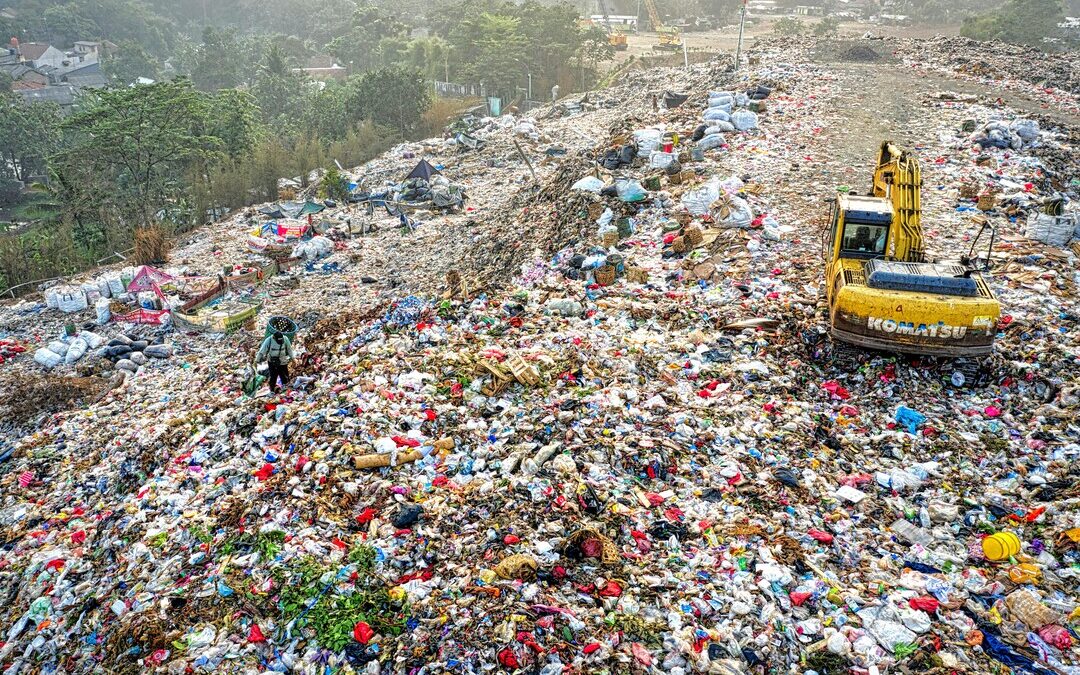UNDP Says Plastic Emissions Could Consume 13% of Carbon Budget by 2050
UNDP urges urgent global action to cut plastic production, protect health, curb emissions and safeguard oceans from mounting waste.
The United Nations Development Programme has warned that the world must radically transform the way plastics are produced, consumed and discarded or risk severe consequences for human health, the climate and ecosystems.
Plastic production and incineration in 2019 alone generated greenhouse gas emissions equivalent to 189 coal-fired power plants, the agency said in its Global Plastics Offer.
Without urgent action, emissions from plastics could account for as much as 13 percent of the remaining carbon budget by 2050.
Global Challenge With Local Impacts
More than 400 million tonnes of plastic are produced annually, a figure expected to double by 2040 as fossil fuel companies ramp up investment.
Of this, 63 million tonnes end up in landfills, 51 million tonnes leak into nature and 13 million tonnes spill into oceans each year. Nearly 40 percent of whales and dolphins have ingested plastic, the report said.
Plastic pollution also poses significant health risks. Microplastics and toxic additives are entering food chains, disrupting immune and hormonal systems, and contributing to cancers and other illnesses.
Call for Systemic Solutions
UNDP stressed that no single fix will address the scale of the crisis. Instead, it called for a systems-based approach across the entire plastic value chain, guided by four principles: eliminate unnecessary plastics, innovate alternatives, circulate materials through reuse and recycling, and improve waste management.
“We cannot recycle our way out of the plastic crisis,” the agency said, adding that a drastic reduction in plastic production and consumption was needed.
Targets for 2030
The UNDP outlined ambitious goals for 2030, including helping 100 countries improve plastics regulation, mobilizing 100 million people to act against plastic pollution, and ensuring that 100 cities and islands adopt effective waste reduction strategies.
Signature programs will focus on zero-plastic islands, cities with integrated waste systems, ridge-to-reef interventions to stop marine pollution, and campaigns to shift consumer behavior.
Shared Responsibilities
UNDP emphasized that responsibility lies not just with individuals but also with producers, governments and investors. Extended Producer Responsibility policies, stricter regulations and sustainable business models were identified as key levers for change.
“Plastic pollution is a supply-driven problem. Consumers often don’t have a choice,” the report said.
Building Global Momentum
The UNDP said it would work with governments, businesses, civil society and research institutions to scale up solutions, support policy reforms and build public pressure. It urged international cooperation, noting that more than half of the world’s oceans lie beyond national jurisdictions.
“Think global, advocate national, act local,” the report said, underscoring the need for coordinated action across levels to turn the tide against plastics.
Also Read:
Plastic Pollution Costs $2.2T Annually, UN Pushes for Sustainable Substitutes
Nirmal Menon
Related posts
Subscribe
Error: Contact form not found.


